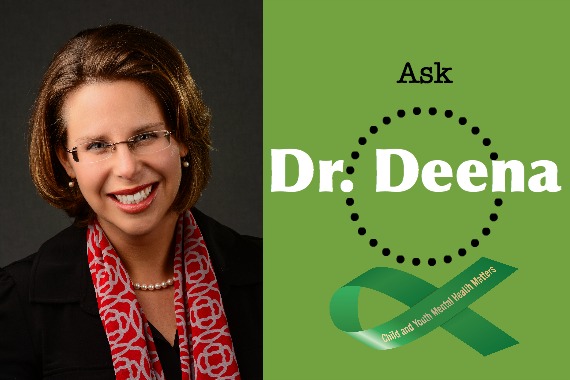19
Feb
2017
2017
Autism Spectrum Disorder (ASD) Parenting
by Dr. Deena Abbe, Ph.D.
When my son was diagnosed with ADHD, I thought, as a psychologist, I was prepared for the continuing challenges of parenting. But I was wrong. All my knowledge went out the window as I attempted to plead, cajole, beg, bribe, yell my way through parenting my son. Those early childhood years of his life were increasingly tough. There were many moments I wished that there could have been a support group, a therapist, someone, who knew what I was going through. So that all of these increasingly difficult behaviors weren’t on mine and my husband’s shoulders alone.
We were very lucky. We had friends and family, and a WONDERFUL therapist who helped us through it all. And even with all the support, we felt isolated from our parent-peers. There are many parents out there who don’t have the support base we had. And it’s not just parents of children with ADHD that experience this burn out. One population of parents in particular has an exceptionally high rate of anxiety and depression. Parents and primary caregivers of children with Autism Spectrum Disorder (ASD) have significantly high rates of depression and anxiety (50% and 40% respectively). Despite this, very few seek treatment for themselves. We know that if treatment is received, we can decrease these rates of anxiety and depression, thereby increasing satisfaction and effective parenting techniques, and decreasing alienation and loneliness. A recent study by Lushin and O’Brien (2016) has found that using the Early Intervention Program to provide treatment to parents, either in a home-based or clinic-based setting (where their child receives services) helps reduce the symptoms and severity of the depression and anxiety related to parenting s child with ASD. Receiving treatment for their depression and anxiety helps them parent effectively, which in turn helps their children. The Early Intervention Program seems like a perfect vehicle to provide these services. And we know that the early the effective services are provided to the child (and that includes appropriate parenting), the better the child is in the long term. And the better we all are.
Lushin, V., & O’Brien, K.H. (2016) Parental Mental Health: Addressing the unmet needs of caregivers for children with autism spectrum disorders. Journal of the American Academy of Child & Adolescent Psychiatry, 55, 1013-1015. http://dx.doi.org/10.1016/j.jaac.2016.09.507


 Ask Dr. Deena your questions through any of these channels:
Facebook:
Ask Dr. Deena your questions through any of these channels:
Facebook: